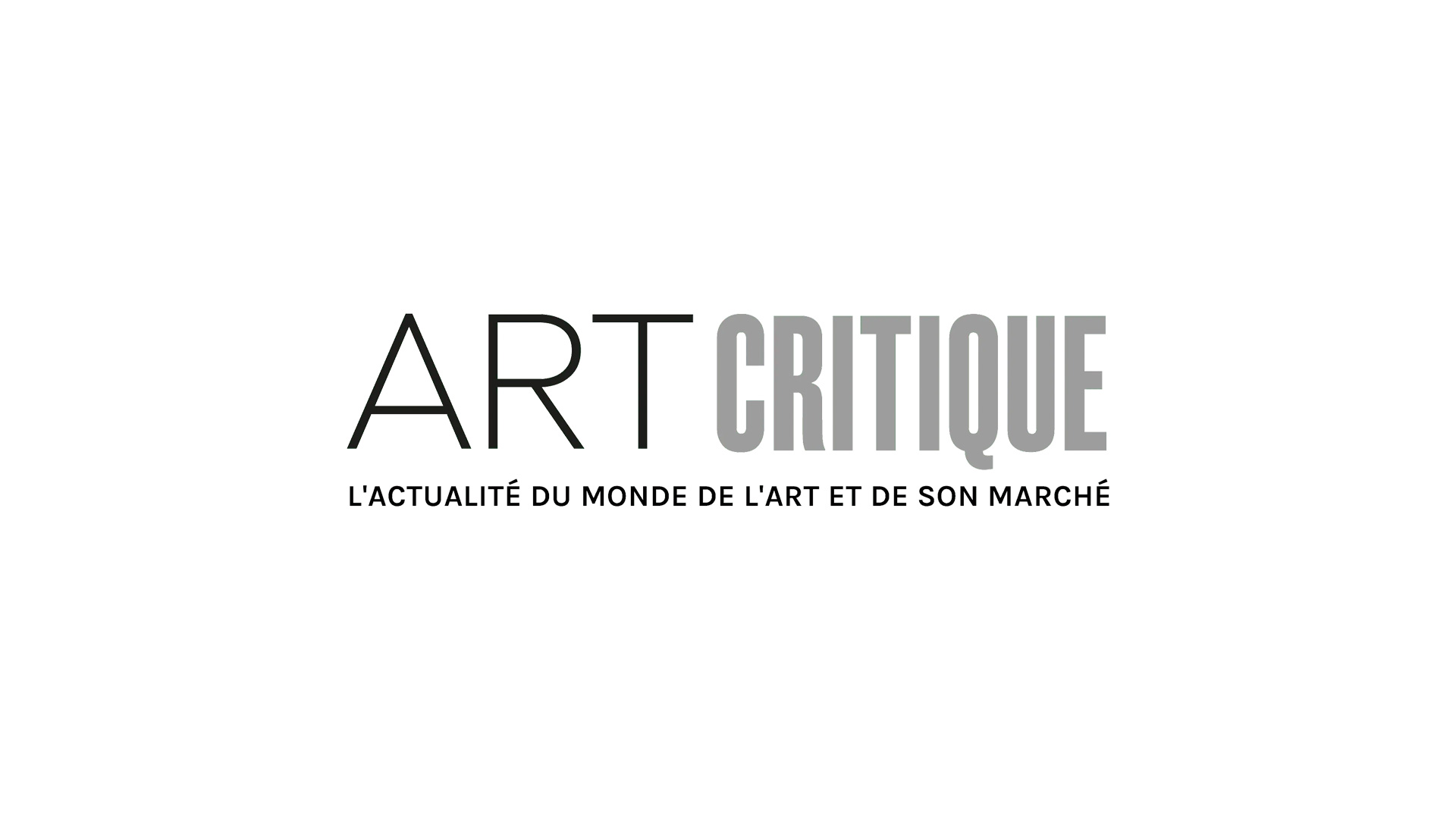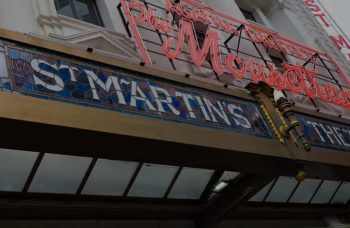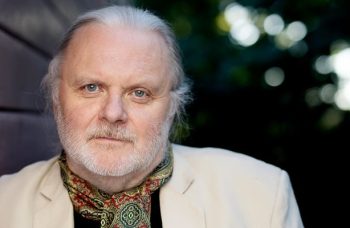In advance of their recently announced and newly revamped 2021 season, the Stratford Festival has decided to give theatre lovers some weekly works to look forward to. Streaming live on Thursday nights, the beloved Ontario Shakespeare and theatre festival is presenting offerings from their STRATFEST@HOME program for free. Using a similar model to the lauded National Theatre At Home that began last year, these snippets of the STRATFEST@HOME programming are a tantalizing preview of what the company has available. Their most recent presentation was none other than the play that must not be named- Macbeth.
A recorded experience from Stratford’s 2016 production of Macbeth, the production was directed by Stratford artistic director Antoni Cimolino, Shelagh O’Brien directing this filmed version. Ian Lake plays the titular would-be King of Scotland with Krystin Pellerin playing opposite him as Lady Macbeth, and the two work in potent juxtaposition. From the moment Lady Macbeth hears news of her husband’s plans and possible future, the intensity Pellerin conjures in that desire is so palpable and rooted in self-assured strength. And in gorgeous contrast, a tortured conflict can be felt underpinning Lake’s performance as he enacts his woeful plans and comes to terms with the ramifications. An integral part of the tragic protagonist and the bubbling of it throughout makes his downfall all the more disheartening.
The visual strength alone of this Shakespearean tragedy makes a resounding first impression. Utilizing lighting design to an intense and ensnaring effect, this production gives immense weight to the opening of the Weird Sisters. Truly cloaked in darkness at their emergence, there is a horrifying stillness to the world as they present themselves for the first time, weighing what we see for the rest of the run against the powerful gloom. Lanise Antoine Shelley, Deidre Gillard-Rowlings, and Brigit Wilson perform the prophetic witches masterfully, the sound and visual elements of the production not only enhancing their rituals but leaving what feels like echoes of these influential forces across all the play’s action.

It is not solely in the inception of the story and the revelling of the Weird Sisters that light is used to profound effect. Rather, it is not the light that feels used, but the lack thereof. The flames of this world feel tightly wrapped by the nearby shadows, always in danger of being choked out, and the first time we see much of any light at all is to surround and draw eyes to the empty, awaiting throne. This general sense of scarce light as well as its deliberate uses at heightened moments—the cauldron of the Weird Sisters, the brutally fast-paced and sharply framed sword fights, Macbeth and Macduff being swallowed by shadow in the climax—seems like a strong thematic choice in this story of falling stars.
While the majority of the footage is shot in fairly standard stage-to-screen methods, there are certainly some interesting uses of the changed medium in this project. Most notably, in the inaugural celebration of Macbeth’s crowning, the reveal of Banquo’s spectre is delivered in a dramatic POV shot. The gruesome visage of the slaughtered ally stood amongst the guests all facing towards the camera makes for a shocking and effective use of the medium and is a good indicator that other digital offerings from Stratford will have the same edge to their delivery.
Stratford’s Macbeth is a traditional presentation of the classic play, but it is a skilled execution of this classic. An attention to the core emotions that run beneath this tale of power is always at the surface, reminding of the humanity that exists within the prose. It is a strong offering by the Shakespearean icons, and luckily with STRATFEST@HOME, there’s more where that came from.





